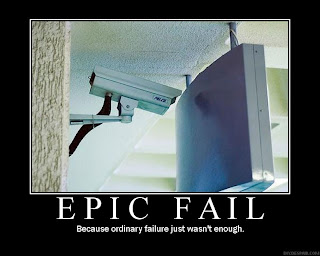Because of their strong association with military equipment, belt buckles were primarily a masculine ornament well into the 19th century.
Belt buckles became more popular as fashion accessories in the early 20th century, as the tops of trousers moved more toward the waist. "Western-style" belt buckles were largely popularized by cowboy movies in the United States and are often awarded to winners in rodeo events as prize medals or trophies, a custom later adopted by the Western States Endurance Run and a few other ultra-marathons. The large, flat surface of the western-style belt buckles make them a popular ornament or style of jewelry. Decorative "buckle sets" may contain a metal buckle, one or more matching loops which sit next to the buckle and a metal tip for the opposite, "tongue" end of the belt. "Belt plates" may be decorative covers for a plain buckle or other decorative fittings affixed to the belt itself, similar to "conchos" (from a Spanish word for "shell"). Decorative belt loops are sometimes awarded in scouting for participation in or completion of activities.










